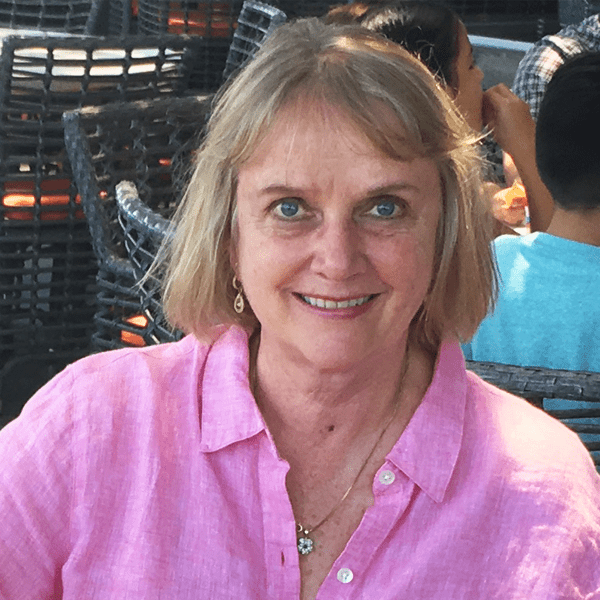
Tina Yelle speaks about experimentation and the culture of New York Experimental Glass Workshop during its tenure on Mulberry Street.
04:16Tina Yelle speaks about experimentation and the culture of New York Experimental Glass Workshop during its tenure on Mulberry Street. Oral history interview with Tina Yelle by Catherine Whalen, conducted via telephone, April 30, 2019, Bard Graduate Center. Clip length: 04:16.
Time stamp: 00:00
Clip 1: Tina Yelle talks about NYEGW embracing all types of glassmaking. Clip length: 01:02.
Tina Yelle: If an artist came in and they wanted to do experimental sculpture, that was fine. If they wanted to pursue traditional or paperweights, we didn’t care. It was completely accessible in that sense, intentionally so, and we wanted it to be open to any kind of a thought or approach. Just, ‘Here’s the equipment, pay for an hour or two or three, and do what you want.’ At the same time, from the very beginning, it had curated and competitive programs. So the visiting artist program, the magazine, the gallery, were selective. And so I personally love that happy living together of selective and non-selective. And I also like the fact that we had many forms of glass, not just glassblowing. And so it was a non-judgmental embracing of a medium in a way that people don’t always get to experience once they leave school.
Time stamp: 01:05
Clip 2: Tina Yelle discusses the “mixed media” nature of NYEGW. Clip length: 01:23.
Tina Yelle: A lot of artists worked in a more mixed media way. You know, a little wood, a little paint, a little neon, a little flat glass, you know, assembled together in some way. And Mulberry Street was a couple of blocks from SoHo which was actually an artist area in the eighties. And so, that’s the other thing about the Experimental; because of Richard’s attitude and the attitude of the other people who were there and our location, we definitely embraced the wider art world and we invited people from outside of the so-called ‘glass world,’ and we were not interested in having, you know, strict barriers or definitions, and in our visiting artist program over the years we invited artists who were not known in glass and may have never worked in glass, like Lynda Benglis, I’m sure you were aware of her association with us. And there were others over the years. So again, the thing I liked was that it kind of corresponded with my own attitudes toward art and I’m sure Richard’s, because Richard and Joe Upham, they started the place, and these were the programs that were in place when I took over.
Time stamp: 02:31
Clip 3: Tina Yelle talks about the culture of NYEGW in the 1980s. Clip length: 01:02.
Tina Yelle: It was so much fun in the eighties. SoHo was in New York, this whole community at the Experimental, the attitudes, it was really fun and open, and I guess I’m not self-consciously bound by convention all of the time. ‘Cause I wrote my first fundraising letter [laughs.] I’m laughing to think about it. I don’t even know if I have a copy of it anywhere. The first fundraising letter that wasn’t just a state or national grant application that was going to be sent to our individual supporters, I just made up something, I said ‘Dear Glass Glug.’ It didn’t mean anything [laughs] and this was typed on a typewriter, we didn’t have a computer yet. And it had little hand drawings throughout the letter. And it was—looking back on it, I think it was wildly eccentric. But at the time, I just thought it was—you know, I’ve got to do something, we gotta raise some money. And we got a good response. We got money.
Time stamp: 03:36
Clip 4: Tina Yelle explains that artists weren’t “traditionally glass” at NYEGW. Clip length: 00:40.
Tina Yelle: And the fact that we had a lot going on with artists who weren’t strictly glass or traditionally glass, and the people in our, you know, regular circle were fascinated and interested. So, I really didn’t feel that we had the good ole art versus craft—hierarchy. I think that we had less of that than almost any place.